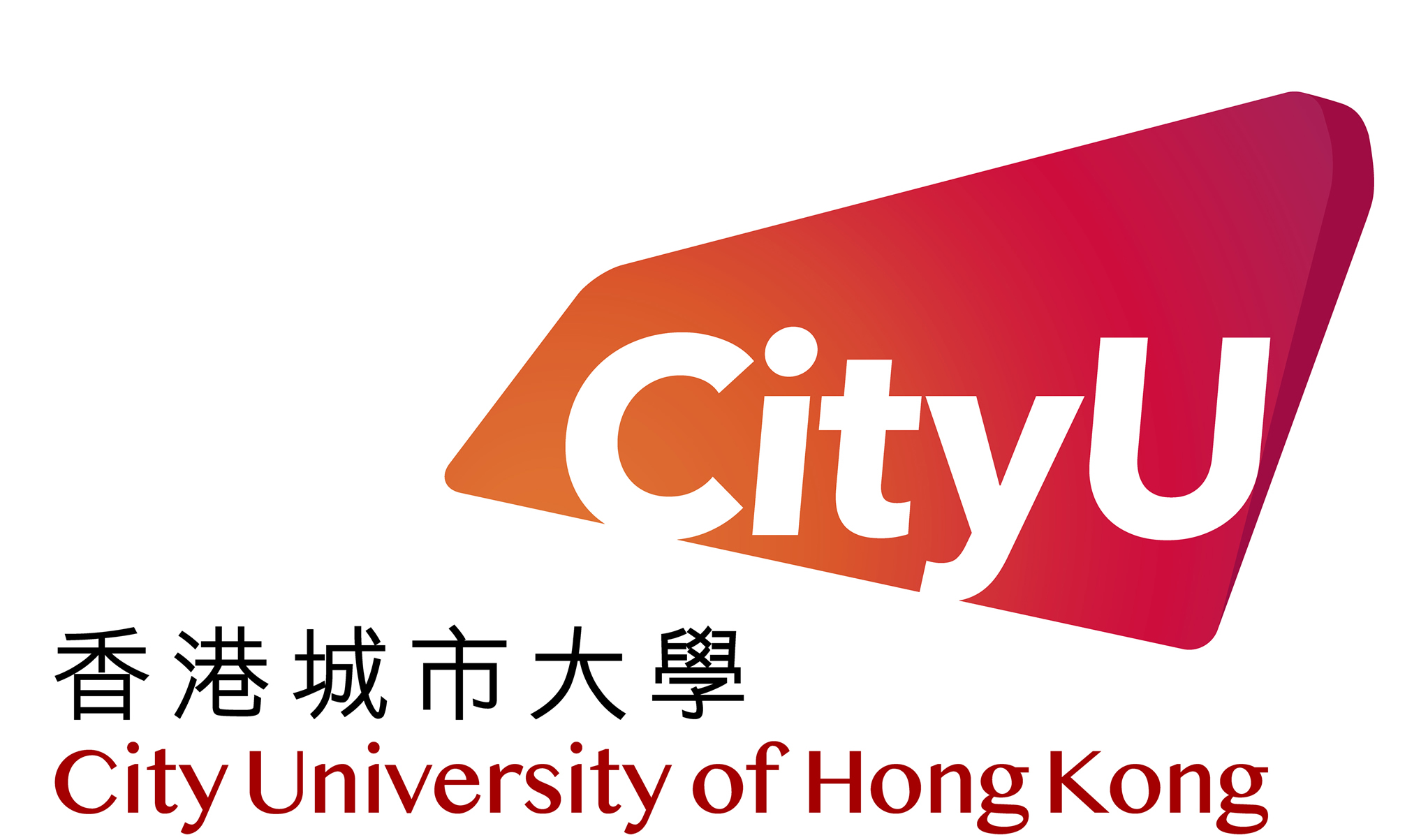HKIAS News
HKIAS Rising Star Lecture - Physics
22 October 2021
The Hong Kong Institute for Advanced Study (HKIAS) Rising Star Lecture – Physics was held both at the City University of Hong Kong (CityU) and online on 19 October 2021 (Tuesday). This lecture brought three exceptional early-career physicists together to highlight their innovative work on newly discovered nickelate superconductors, high-voltage batteries for future smartphones, and high-performance optical materials for optoelectronics.
Kicking off the lecture was Dr. Danfeng Li, an Assistant Professor at the Department of Physics of CityU. He delivered a presentation titled "Soft-Chemistry Approaches to Superconductivity in Infinite-Layer Nickelates". Dr. Li featured his discovery of superconductivity in an infinite-layer nickelate thin film synthesized by a soft-chemistry approach, and the study of its superconducting properties. In addition, he suggested how new applications of kinetic-based synthetic approaches in oxide heterostructures could provide a vast opportunity to create novel quantum systems in previously inaccessible ways.
Dr. Li's primary research interests span condensed-matter physics and materials science, focusing on atomic-scale fabrication of oxide heterostructures and nanomembranes, kinetic-based synthesis of unconventional quantum materials, low-dimensional superconductivity, oxide interfaces for emergent states, etc. In 2019, a team led by Dr. Li and researchers from Stanford University discovered the first nickelate superconductor, a target of continuous materials search for over three decades.
Dr. Qi Liu, an Assistant Professor of the Department of Physics of CityU, delivered the second talk titled "High-Voltage Lithium Cobalt Oxide Cathode Materials for Future Smart Phones". Lithium cobalt oxide (LiCoO₂), firstly discovered by the 2019 Nobel Laureate John B. Goodenough for more than 30 years, has dominated 90% of the cathode material of Li-ion batteries for smartphones. In this talk, Dr. Liu discussed his recent collaboration work with Huawei. He reported his team has successfully pushed the cut-off voltage of LiCoO₂ to 4.5 V by suppressing the order-disorder transition via lanthanum and aluminum doping. Furthermore, Dr. Liu said that the developed 4.5V-LCO could exhibit a reversible capacity of 190mAh g⁻¹, approximately 15% better than the best-commercialized LiCoO₂. Dr. Li believed that this capacity improvement would significantly influence the smartphones market in the future.
Dr. Liu is an expert in developing cathode materials for lithium-ion batteries, his current research interest focuses on designing Li-ion batteries and sodium-ion batteries, phase transition behavior, and synchrotron techniques development. His research's ultimate goal is to maximize the efficiency of energy conversion and storage in devices while minimizing the impacts on the environment.
Dr. Cheng Wang, an Assistant Professor of the Department of Electrical Engineering of CityU, delivered the last presentation. In his talk titled "Scaling Up Lithium Niobate Photonics for Future Optoelectronics", he featured the recent developments on various high-performance Lithium Niobate photonic devices. Moreover, Dr. Wang demonstrated how to scale up the complexity of Lithium Niobate photonic integrated circuits. In particular, in pursuing mass-producible, lower and high-performance photonic solutions for future optical communications, millimeter-wave systems, and quantum systems.
Dr. Wang's research focuses on enhancing light-matter interaction in nanophotonic structures. His current research effort focuses on realizing integrated lithium niobate photonic circuits for optical communications and nonlinear optics applications. As a member of the State Key Laboratory of Terahertz and Millimeter Waves of CityU, Dr. Wang and the research team are developing new kinds of integrated photonic devices for low-cost and efficient generation terahertz waves that could be used for medical imaging and chemical identification applications. Besides, Dr. Wang received the NSFC Excellent Young Scientist Fund (HK & Macau) in 2019 and was awarded the Croucher Innovation Award in 2020.
This lecture is supported in part by the Kwang Hua Educational Foundation.
More information about the lecture, please click here
About the HKIAS Rising Star Lecture Research Grants
Since its establishment, nurturing and supporting early career researchers has been a key part of the HKIAS mission. To inspire young academic leaders and promote diversity in academia, HKIAS launched a first-of-its-kind lecture series in this new semester – HKIAS Rising Star Lecture. Fifteen short-listed promising scholars at the City University of Hong Kong (CityU) will present their latest work in five HKIAS Rising Star Lectures, focusing on Mathematics, Chemistry, Physics, Materials Science, and Life Science, from 15 September to 24 November 2021.
Those outstanding researchers went through a rigorous selection process. Each of them will receive a certificate issued by HKIAS after giving the lecture. Furthermore, to assist them in beginning a rewarding career in academia, HKIAS will offer research grants to each rising star on hiring postdoc or Ph.D. students.
[ Back ]









